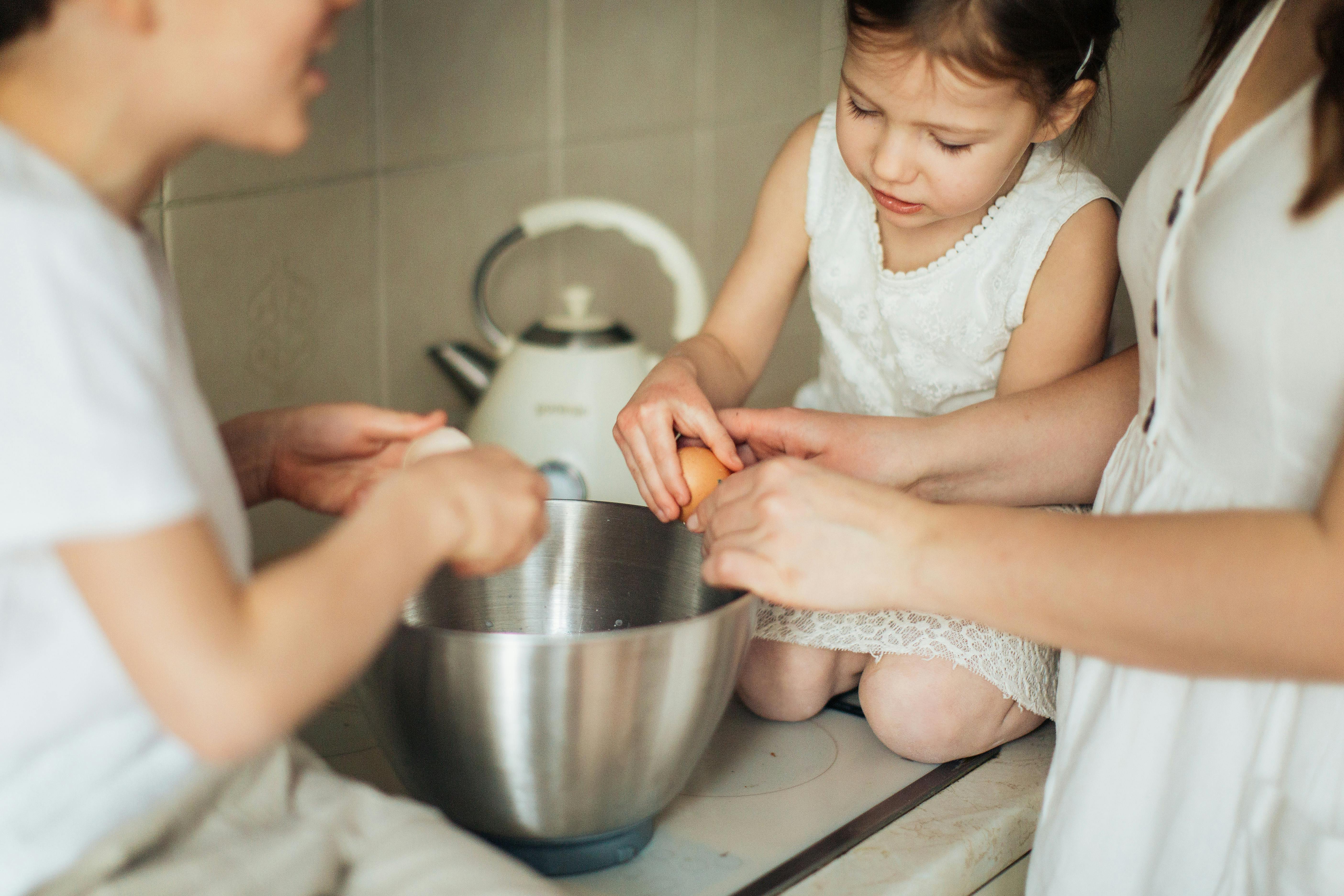When the words “I’m bored” start echoing through your house this summer, don’t panic—embrace it! Those long, lazy days are actually a golden opportunity to teach kids simple, old-fashioned skills that are both fun and useful. Don’t know how to do some of these yourself? That’s okay! Ask a trusted friend or even search the internet—then learn it together. Modeling a willingness to learn is just as powerful as teaching.
While today’s world moves fast and digital, there’s still something deeply valuable about knowing how to read a map, sew on a button, or wash a car with pride. These skills teach patience, responsibility, and the joy of being helpful—qualities that never go out of style.
Let’s turn summer boredom into a season of practical learning and meaningful moments.

Timeless Skills Worth Passing Down
Write a letter
Handwritten notes are a gift in our digital world. Teach kids how to write a thoughtful letter—or better yet, a thank-you note. Expressing gratitude is an act of humility that strengthens relationships and teaches children to notice the good in others. This texting generation may not realize that the physical gesture of writing the note is meaningful. Include how to address and stamp the envelope, and drop it in the mailbox together.
Sew on a button
A basic life skill with big rewards in self-sufficiency! Give kids a scrap of fabric, some thread, and a button—and show them how to fix something instead of tossing it out.
Wash the car
Turn chores into connection. With a bucket, sponge, and a little supervision, washing the car becomes a fun outdoor activity and a chance to take pride in doing something well. Kids may not realize that there's an almost-free way to take care of our vehicles instead of heading to the local drive-through car wash, which is increasingly expensive!
Take a message
Practice listening and communication by role-playing a phone call or having kids write down a message for someone else. It builds memory, courtesy, and clear handwriting.
Read a map
Before GPS, we all had to figure it out the hard way. Pull out an old road map or atlas and show your kids how to find directions, use a compass rose, and measure distances. It’s geography and problem-solving rolled into one.
Check tire pressure
A great introduction to car care, this quick lesson helps older kids understand safety and responsibility. Show them how to use a gauge and explain why it matters.
Take treats to a neighbor
Teach kindness and thoughtfulness by baking (or buying) simple goodies and delivering them to a neighbor—especially someone elderly or new to the neighborhood. It can take courage to knock on the door, say hello, and have a quick conversation. This may come in handy the next time their ball goes into a neighbor's yard and they need to ask for it back! Give them some practice on how to interact with those they don't know well.
Make change
Break out real coins and practice counting, budgeting, and giving change. It’s not only math in action, but a helpful skill for everything from lemonade stands to lunch counters.
How to iron a shirt
Teach the basics of setting up the iron, checking fabric type, and working through wrinkles safely. It's a satisfying life skill that promotes independence and presentation. It’s a great opportunity to talk about how our appearance can impact how we’re perceived. Dressing neatly and appropriately shows respect—for ourselves and for others—and can help build confidence in school, work, and social situations.
How to scramble eggs
A simple introduction to cooking. Cracking eggs, stirring, seasoning, and cooking—plus cleanup! It builds confidence in the kitchen. A few basic cooking skills can instill confidence and help a child know they can provide a meal for themselves when needed.
How to introduce yourself
First impressions matter. Practice making introductions that are clear, polite, and confident—skills that carry into adulthood. Reinforce the importance of making eye contact, a firm handshake, and repeating a person's name to commit it to memory.
How to find a book at the library
Using the catalog, locating a book by author or subject, and asking the librarian for help are great ways to build confidence, literacy, and love for learning.
How to set the table
A simple yet valuable tradition. Teach which utensils go where and how to create a welcoming space for meals, fostering hospitality and family connection.
Why These Skills Matter
These activities may seem simple, but they go a long way in developing character, confidence, and competence. They invite children to:
- Step away from screens
- Practice helpfulness and patience
- Engage with the real world around them
- Learn to value effort over instant gratification

Boredom isn’t a problem—it’s an open door. When we slow down and look to the past for inspiration, we give our kids tools for the future. So the next time someone says “there’s nothing to do,” try handing them a button, a sponge, or a map—and watch old-fashioned wisdom create something new.


